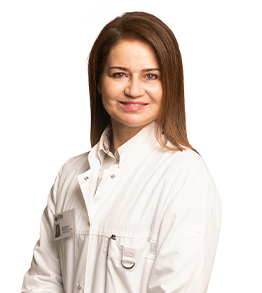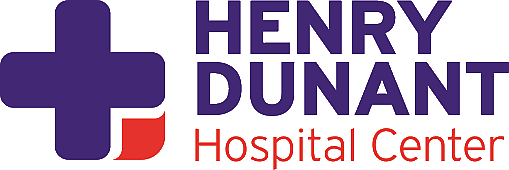This interview is part of a new series highlighting the work of scientists and clinicians working in the "Diagnosis and Monitoring of Disease Progression Using Deep Neuro Signatures (DNS)" clinical trial. The trial is currently enrolling patients at several sites in Greece.

Konstantina Giannopoulou is a neurologist, Director at the Memory Center of the Neurological Department of Henry Dunant Hospital in Athens.
How have you initially heard about the trial?
I was informed by Professor Magda Tsolaki.
What kind of patients do you see in your clinical practice at Henry Dunant, and how many of them are you able to relay to the trial?
We have a regular day clinic, and a special department dedicated to memory impairments. We mostly see patients with urgent neurological conditions; many of them suffer concomitantly from dementia. Numbers vary, but I think we can refer 10-20 of them to the trial per month.
What’s your biggest clinical challenge when following a patient with suspected pre-clinical AD?
Giving a definite diagnosis.
How long does it usually take you & your team to arrive at a full AD diagnosis (even outside the trial)?
About a month.

How often are you able to refer patients to early intervention in case of a suspect form of dementia? (In terms of options available to patients.) And how certain are you normally, with your current clinical means, about the diagnosis when you refer? (In terms of accuracy.)
If some form of dementia is suspected early on, in a little more than half of the cases we are able to refer the patient to some form of intervention, either pharmacological or behavioral. I am 80% certain of my diagnosis without biomarkers, and 100% with.
What, in your opinion, would mostly help caregivers to ease the burden of care and tend to their loved ones more effectively?
Lower costs and less invasive procedures.
What would make you overcome the diagnostic challenges in AD? And related, as a clinician, what treatment or technology has you most excited about AD care?
More rapid and less invasive biomarkers would help greatly. What I would most want to see are new therapeutic agents effective in pre-clinical stages of the disease.